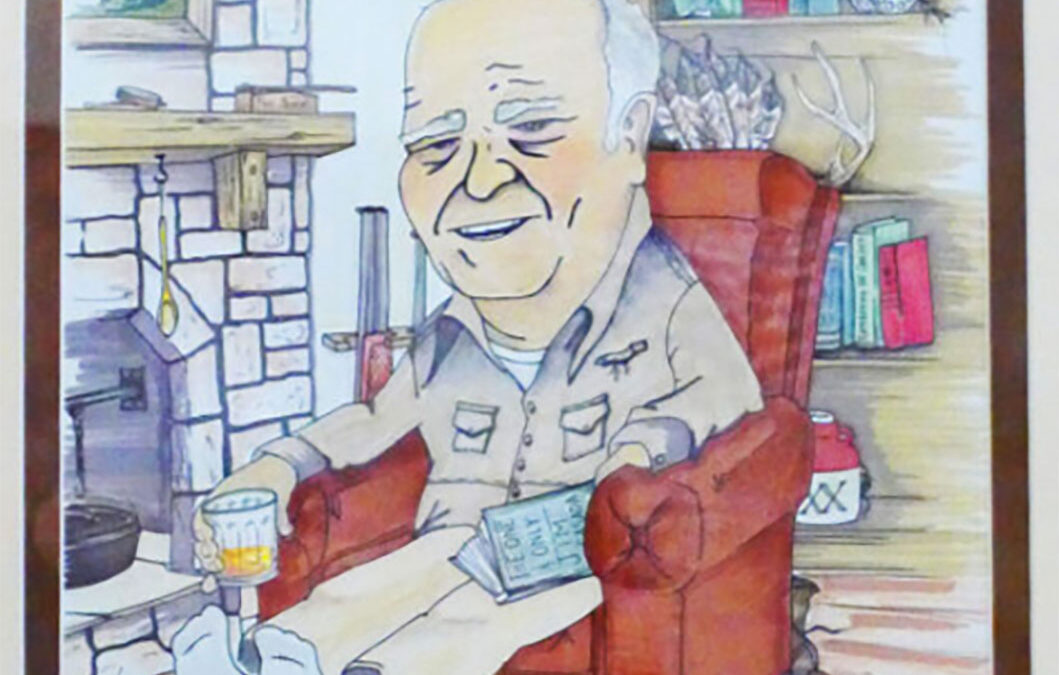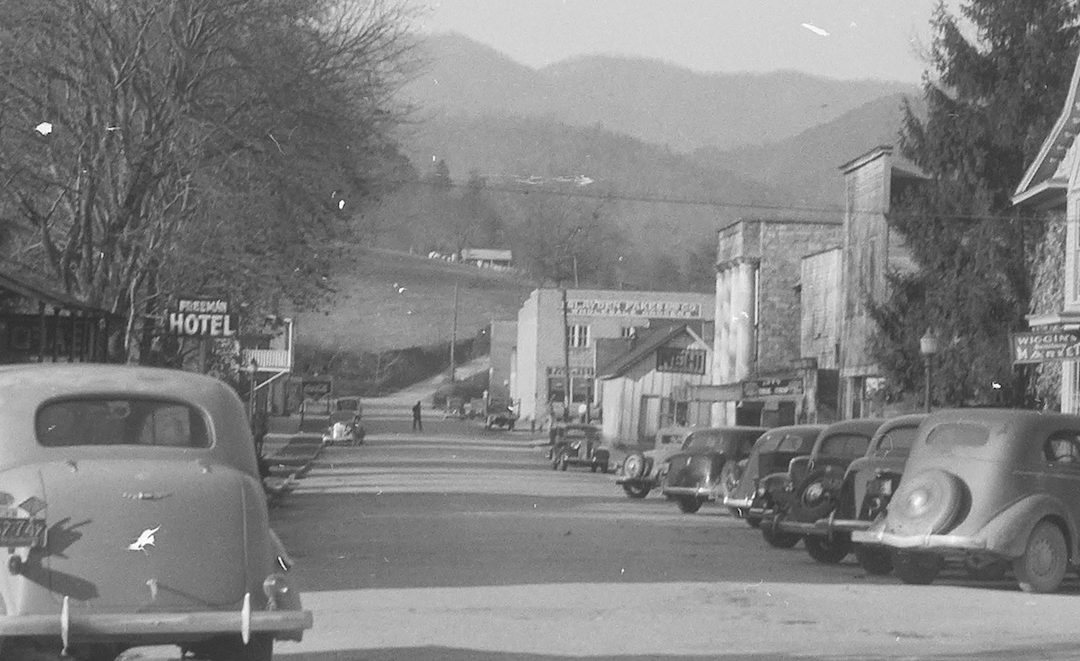Urination Tribulation
Among the many hobbies of Mollygrubs Messer’s father was gardening. He found it relaxing and a welcome escape from a spouse who wasn’t about to dirty her dainty hands with manual toil in the good earth (or pretty much anything else, because truth be told she was a lazy wannabe socialite who felt she had married way below herself, had given birth to a son who seemed increasingly unworthy of her, and was greatly given to what locals described as “putting on airs”). Also, the family garden provided a means of putting lots of tasty delights on the family table. Getting his chronically indolent spouse to cook the crops he nurtured was another matter, and increasingly the woebegone fellow found himself not only the family breadwinner but the household’s chief cook and dish washer.
Fortunately for him, his son showed early interest in gardening, and it was that passion for cultivating the fertile mountain soil that led to a memorable moment of what perhaps could be best described as urination tribulation. Mollygrubs, who had exhibited rare qualities as a trencherman from chubby days of babyhood onward, had a particular love for strawberries, and sporting history suggested that he shared company in that regard with no less figure than the venerable Izaak Walton, unofficial patron saint of anglers. For it was Walton who wrote in The Compleat Angler, quoting a friend commenting on strawberries: “Doubtless God could have made a better berry, but doubtless God never did.”
Accordingly, Mollygrubs sought and gained permission to plant a small patch of strawberries at the edge of the family garden. His father readily agreed, and the lad set out 100 plants in the spring, watched them “take holt” through the summer and reveled in the fact that they were well established before fall’s first frost. The following spring he thrilled to the sight of strawberries blooming, setting fruit and vigorously sending out runners. However, as the berries began to ripen, a problem developed that transcended the normal incursions of birds or the odd terrapin deciding to snack on the delicacies. That came primarily in the form of a beagle that formed part of the varied array of hunting dogs belonging to the Messer family.
That particular chaser of cottontails possessed highly developed skills for escaping from its pen, and seemingly every time that happened it felt compelled to celebrate temporary freedom by anointing various portions of the nearby garden as it dutifully marked its territory. That unwanted watering included Mollygrubs’ strawberries. After some serious conversation with his father and a neighbor who owned livestock, they concluded that a perfect deterrent would be a bit of electric fencing around the garden. Their collective wisdom concluded that such fencing, carrying a relatively mild charge, would soon teach a lesson to the marauding beagle or, for that matter, any other canine intruders.
In all likelihood the plan would have worked just fine, but the conspirators failed to take into consideration the fact that “Caring Karen” occasionally allowed her cosseted and coddled male poodle, burdened with the name “Fluffy,” outside for a bit of exercise. Sedentary and pampered though Fluffy undoubtedly was, he also was of the male persuasion and possessed considerable curiosity about anything meriting marking during his periodic outdoor romps.
Only a couple of days after the electric fence had been put in place, with a heavy dew dampening the lawn and garden, Mrs. Messer decided the warm sunshine of a spring morning was a fine time to give Fluffy a bit of freedom. Her precious poodle did what male canines will do, even if they are hopelessly mollycoddled. He marked territory on two or three prize rose bushes with not so much as a word from his mistress, although she would have raised holy hell, purged purgatory and made life extraordinarily miserable for the male members of her family had similar acts been performed by one of their hunting dogs. It was at this juncture that mayhem took over the scene.
Spotting the t-posts supporting the low strung, electrified strands of wire surrounding the strawberry patch and realizing they presented virgin opportunities for a liquid statement of territoriality, Fluffy scampered through the wet grass and cocked a leg at the nearest post. The immediate aftermath must have been something to behold, which is precisely what Mollygrubs did as he looked out his bedroom window. He realized a disaster was in the immediate offing, but before he could do anything, Fluffy opened his little faucet.
The contact with electrified wire was immediate, and the resultant shock was magnified appreciably by the wet grass. The hapless lapdog let out a howl worthy of his distant wolf ancestors before performing some antics worthy of an experienced gymnast. Then for a time he dragged his posterior along to ground in vain hope that the cool grass would ease the fire attacking his reproductive parts. That action providing no relief, he ran in circles while simultaneously trying to lick his badly beleaguered nether regions. Periodically during all these didos Fluffy would pause to howl at the heavens. Eventually, shaking like a hound passing a peach pit, he slunk to Momma’s arms.
The aftermath was dire. Both male Messers, already consigned to the more remote regions of the family dog house, came under a withering verbal assault that would have done Winston Churchill proud in his most eloquent moments. They were accused of pretty much every type of animal cruelty short of caninicide, and for weeks afterward father and son avoided “Caring Karen” with a degree of assiduity verging on the remarkable. Meanwhile she devoted unceasing attention to her “poor dear” of a dog.
Fluffy, for his part, from that day forward remained a tightly wound bundle of nerves whose only efforts at territorial marking, and they were all too frequent, took place indoors. He never reproduced. Indeed, when thrice offered opportunities to mate with passionate poodles of the gentler sex, adopted a stance reminiscent of the grass dragging undertaken in the immediate aftermath of being shocked and slunk off in abject dismay.
As for Mollygrubs, he had undergone another sad misadventure with a dog, and as we will see in due time, it would not be the last.
 In A Smoky Mountain Boyhood, Casada pairs his gift for storytelling and his training as a historian to produce a highly readable memoir of mountain life in East Tennessee and western North Carolina. His stories evoke a strong sense of place and reflect richly on the traits that make the people of Southern Appalachia a unique American demographic. Casada discusses traditional folkways; hunting, growing, preparing, and eating wide varieties of food available in the mountain region; and the overall fabric of mountain life. Buy Now
In A Smoky Mountain Boyhood, Casada pairs his gift for storytelling and his training as a historian to produce a highly readable memoir of mountain life in East Tennessee and western North Carolina. His stories evoke a strong sense of place and reflect richly on the traits that make the people of Southern Appalachia a unique American demographic. Casada discusses traditional folkways; hunting, growing, preparing, and eating wide varieties of food available in the mountain region; and the overall fabric of mountain life. Buy Now


